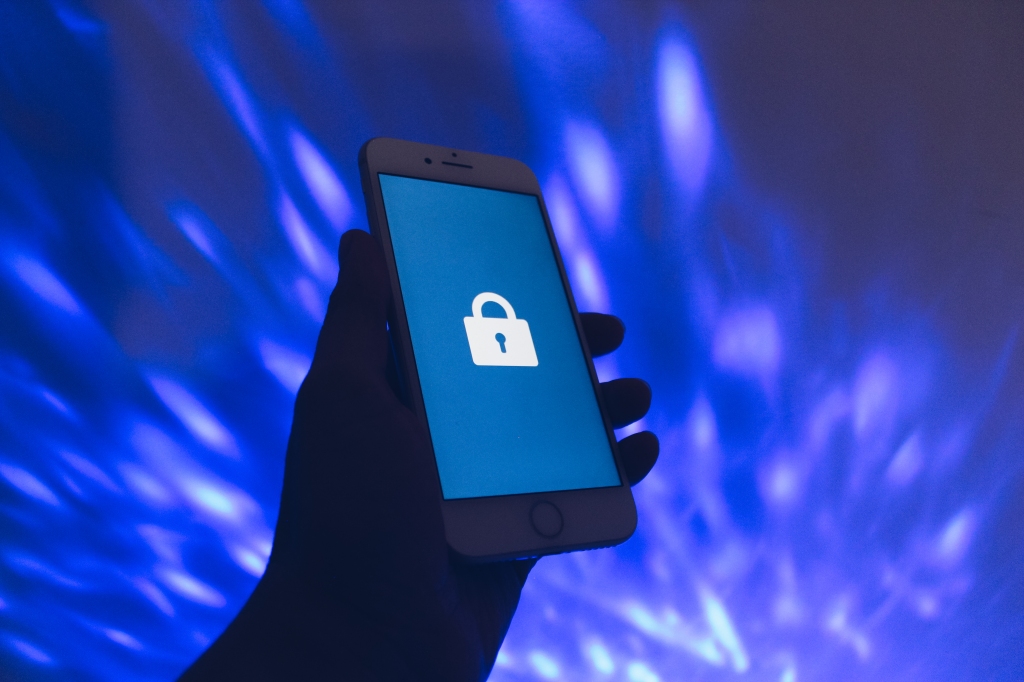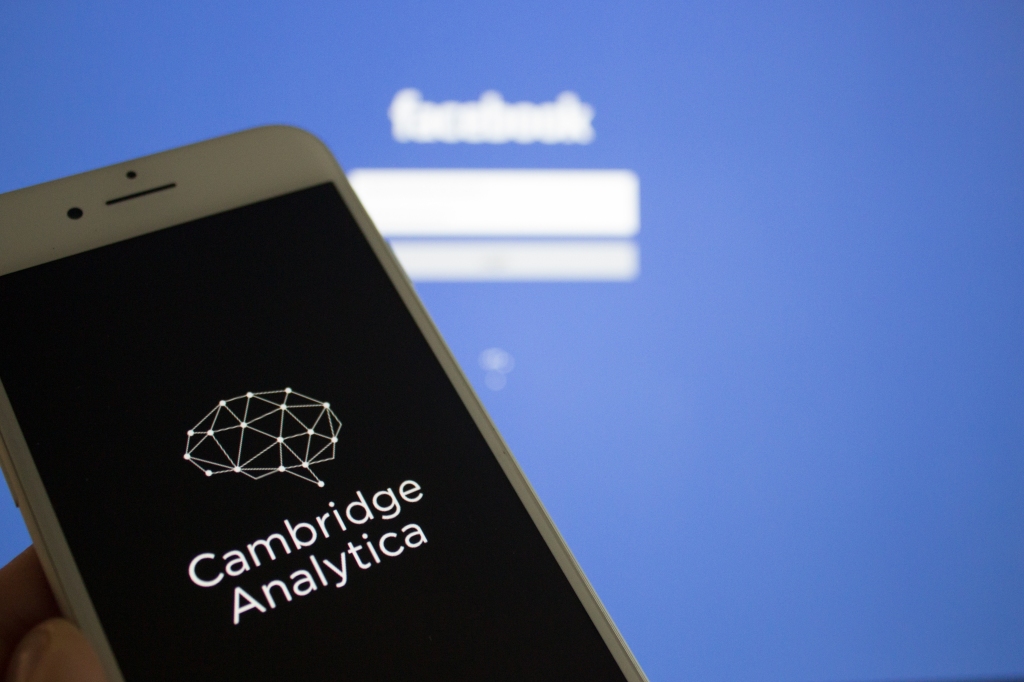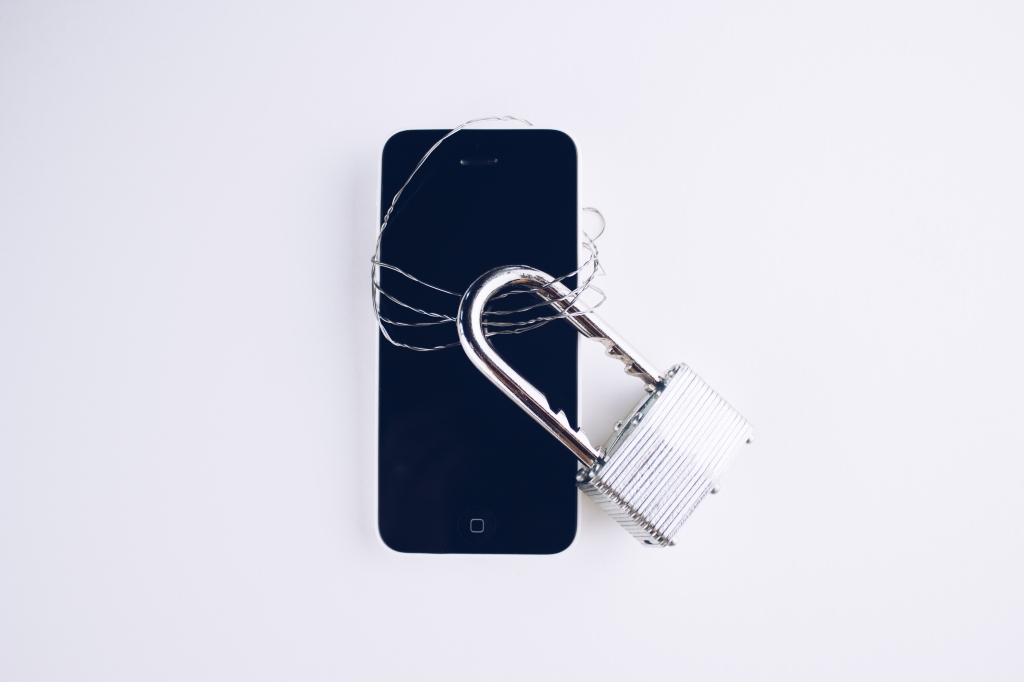
We know that our social media platforms collect a huge amount of data from us, and most of the time we don’t really notice or care. However, today, with an increased amount of online activity in the midst of a pandemic, we need to realise the value of our private information and regain control over what is ours.
Blockchain social media can help us achieve that, but first we need to understand why this is necessary.
In 2004, when Facebook was just starting out, a young Mark Zuckerberg bragged that he had the emails, pictures and addresses of thousands of Harvard students.
Why did he have that information?
His answer…
“They trust me… Dumb fucks”
– Facebook CEO Mark Zuckerberg 2004
Although time has passed since then, alot remains unchanged. Social media companies and Facebook’s CEO still hold a lot of our personal data and they exploit it for their own economic means.
So, what is wrong with this data collection?
Personal data collection has been a money-making method of social media platforms for years. If they know what content you will like, they can personalise your newsfeed and sell an in-depth profile of you to advertisers.
By personalising your newsfeed to provide the content that they think you would engage with, no matter how controversial, they can keep you on their site for longer and expose you to more advertisements.
Yes, for the most part, this collection of data and personalisation is a pretty benign process. It even comes across as a symbiotic relationship. You get to see things that you want to see, you stay on their site for longer and they get to make money by selling your data to advertisers.
But through this data collection, these centralised companies become the source of private information that others are able to use for their own social and political gains.
When this occurs, the relationship shifts from symbiotic to more parasitic.
The Cambridge Analytica scandal:

Take the Cambridge Analytica scandal for example.
In 2018 a whistle-blower, Christopher Wylie, disclosed that millions of Facebook users’ data were acquired by the company, Cambridge Analytica, to sell to political campaigns in the US 2016 presidential election.
Cambridge Analytica received this data through a research survey for academic use. They arranged informed consent, hundreds of people filled out the survey and Facebook allowed the app to collect personal data from the respondents AND all their Facebook friends.
This information was then used to create a “psychological warfare tool” to influence the US election in 2016 through the content shown to users on social media.
This example demonstrates that if we want privacy, we cannot trust centralised companies driven by economic greed to handle our data.
They swear to attempt to better protect their users. However, even their solutions, tied up with a pretty blue bow, do not give us as much control over our data as blockchain-powered social media.
Well, how can blockchain social media help us protect out data?

Whilst blockchain social media has many risks, one of its most alluring features is that users can own their own data.
On a blockchain social network there is a distributed ledger, and all user transactions are broadcast to the blockchain. Your fellow users verify the data, and everybody has a copy of the blockchain.
This helps to establish trust for a number of reasons.
- No central company:
This distributed ledger means that there is no central company to control your data and make decisions for you based on their own economic interests.
- You do not have to include your personal data:
As there is no central company, you are not made to include your personal information, such as your email address, phone number, real name etc. If you do include this data, you can encrypt it so that it is not publicly available.
If an interface does want you to verify your identity, you are able to download your own node, spin up your own interface and choose not to include that data.
Although this does wonders for privacy protection, it also has many risks. There is a known correlation between abuse and pseudonymity or anonymity. Further, by not including a real name the ability to identify someone posting defamatory or copyrighted content decreases, as does an individual’s ability to obtain damages.
- You can encrypt your data:
For extra security and privacy, you can encrypt your information. What this means is that a transaction will appear on the blockchain when you post something, but only the people who have a decryption key can see the information in this transaction.
A centralised company would not have this decryption key and therefore cannot access this private information. Instead, it would appear as gibberish.
Again, whilst this is great for privacy and helping you regain control of your own data, this has significantly problematic implications with user safety. It can be used to privately send child exploitation materials, messages associated with terrorism, image-based sexual abuse, and the list goes on.
So really, if you want data protection, there is no perfect solution.
If you don’t want to put trust in a central company who has demonstrated their willingness to exploit your data for profit and you do not want to be labelled by Zuckerberg as one of his “dumb fucks”, then blockchain social media might be the right move for you.
If you are nervous about the risks associated with data protection, good, keep reading through my blog posts.
There is so much to unpack with blockchain social media…
But it is a great way to own your own data.